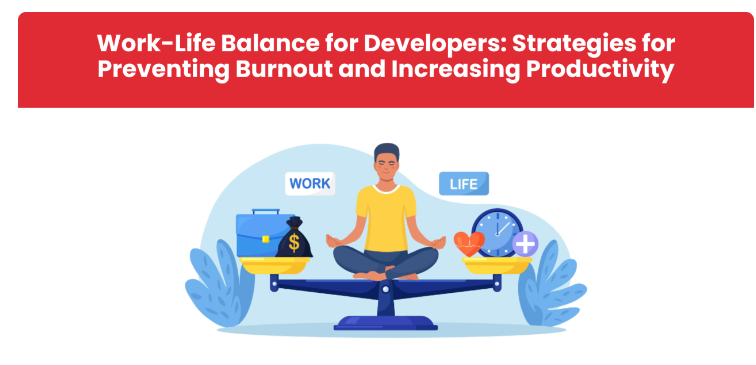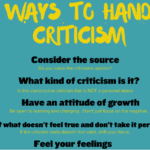Work-Life Balance: How to Avoid Burnout
In today’s fast-paced world, achieving a healthy work-life balance can feel like an impossible task. With constant connectivity through smartphones and the pressure to perform at work, many individuals find themselves on the verge of burnout. However, maintaining a balance between professional and personal life is essential for long-term success and overall well-being. Here are some practical strategies to help you avoid burnout and create a sustainable work-life balance.
1. Set Clear Boundaries
One of the biggest contributors to burnout is the inability to separate work from personal life. Set clear working hours and stick to them. Avoid checking emails or completing work tasks outside of these hours unless necessary. Communicate your boundaries with colleagues and supervisors to ensure they respect your time.
2. Prioritize Self-Care
Your well-being should always come first. Engage in activities that help you relax and recharge, such as exercising, meditating, reading, or spending time with loved ones. Prioritizing sleep is also crucial—getting at least 7-8 hours of rest each night can significantly improve focus and productivity.
3. Learn to Say No
Taking on too many responsibilities can lead to stress and exhaustion. Recognize your limits and don’t be afraid to decline tasks that exceed your capacity. Saying “no” is not a sign of weakness; it is a way to protect your mental and physical health.
4. Take Breaks Throughout the Day
Working non-stop can lead to fatigue and decreased efficiency. Schedule short breaks during your workday to step away from your desk, stretch, or take a walk. These small pauses can help refresh your mind and enhance productivity.
5. Unplug and Disconnect
Constantly being connected to work emails, messages, and notifications can make it difficult to truly relax. Set aside dedicated time each day to disconnect from digital devices. Consider implementing a “no screens before bed” rule to promote better sleep quality.
6. Find Joy in Your Work
If you find yourself consistently dreading work, it may be time to reassess your job or career path. Seek opportunities that align with your interests and passions. Engaging in meaningful work can boost motivation and reduce stress levels.
7. Seek Support
If you’re feeling overwhelmed, don’t hesitate to seek support from colleagues, friends, or professional counselors. Talking to someone about your struggles can provide clarity and guidance on how to manage stress effectively.
8. Plan Quality Time for Yourself and Loved Ones
Make it a priority to spend time with family and friends. Engaging in social activities or hobbies outside of work-life can help you unwind and strengthen your relationships, ultimately contributing to a more fulfilling life.
Conclusion
Work-life balance is not a one-size-fits-all approach, but by implementing these strategies, you can reduce stress and prevent burnout. Prioritizing your well-being, setting boundaries, and making time for personal fulfillment are essential steps toward leading a healthier, more balanced life. Remember, productivity thrives when you are well-rested and happy—so take care of yourself first.



